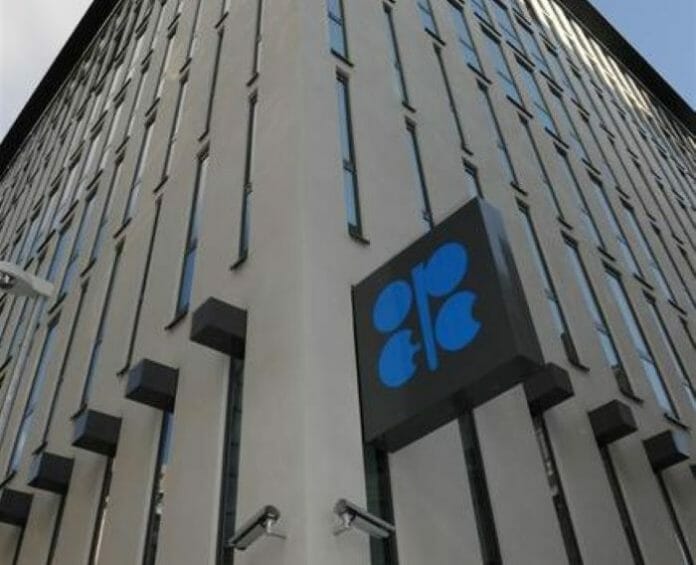Saudi Arabia raised its oil prices just as the market had been focusing on OPEC’s commitment to increase supply.
OPEC has promised to increase supply to help with the energy shift away from Russia. OPEC never committed to lower Oil prices.
Lip service for sure, but the absolute baseline reality is that oil will be in short supply for the foreseeable future.
It is not as if alternative energy supplies can make up for the shortfall. The move to renewable energies is still in its infancy. Meanwhile, the world is piling on new cars, trucks, buses and energy demands in every shape and form.
The starting point for the shift to renewables is not from a place of abundant energy supply in the first place.
The war in Ukraine has made the situation extreme to say the least. Not only is there the prospect of conflict interruption of supply, which we have already seen cases of, but also the intensifying refusal of supply from Russia can only continue to catapult oil and all energy prices higher.
THE BIG FEAR, is the risk of nationalistic energy protection contagion.
Nations have already begun to be more mindful of their existing energy reserves and how to increase them. To protect one’s nation from energy shortages is right up there with food supply.
For some poorer countries, both are at risk. For the richer nations, there are high food prices, but with energy, the situation is more profound. In Europe, nations could be forced to implement energy rationing at times.
Simply higher energy prices worldwide will further slow an already moderating global economy.
Energy shortages and the retrenchment of unnecessary travel by some consumers even in the rich nations now appear an inevitable outcome.
The world has little excess capacity for oil production after the emphasis on investment in renewables.
The planning for the shift to renewables has missed the baseline of supply that must be maintained at all times.
The end game – oil prices are going to settle at $140 $150, and even spike to $180 this year.
That will generate an economic crunch which could send much of the world into recession.
Market insights and analysis from Clifford Bennett, Chief Economist at ACY Securities









